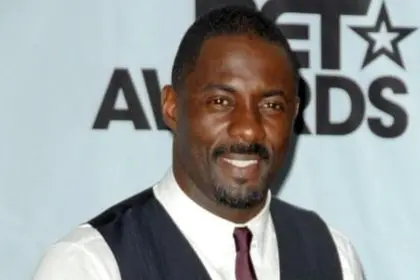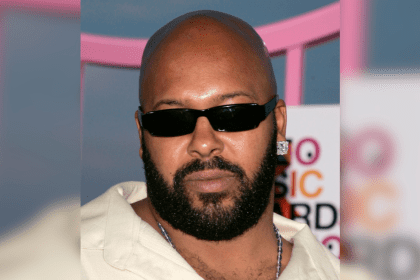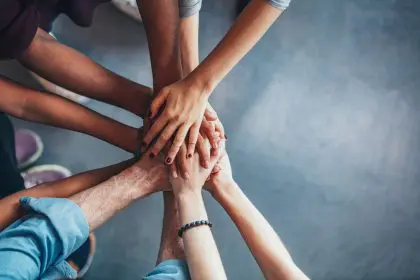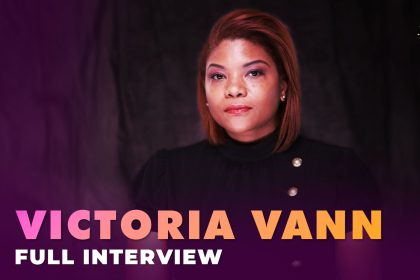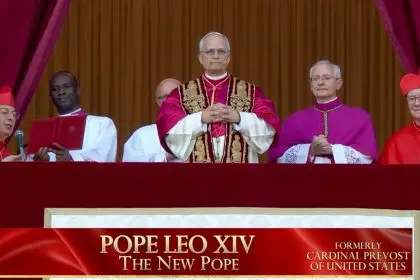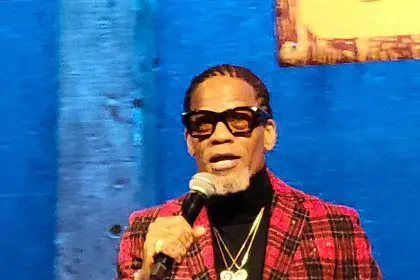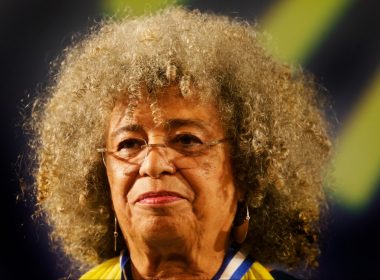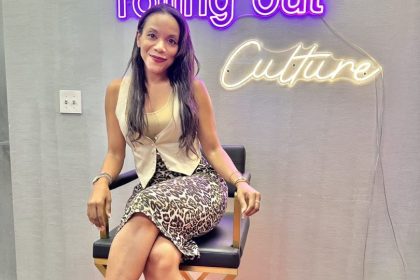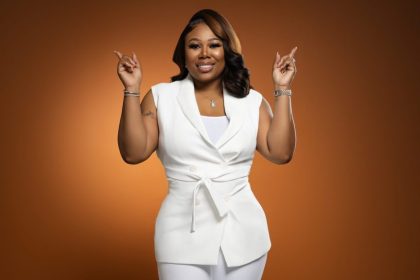Randall L. Woodfin, the 30th mayor of Birmingham, Alabama, has transformed the city’s landscape with a bold vision centered around “putting people first.” A graduate of Morehouse College and Samford University’s Cumberland School of Law, Woodfin focuses on enhancing education, revitalizing neighborhoods, and fostering economic opportunities for all residents. With initiatives like the Birmingham Promise, which provides tuition assistance and apprenticeships for high school graduates, and his Pardons for Progress program, which offers second chances through the expungement of misdemeanor marijuana charges, Woodfin has set a course toward building a stronger, more equitable city. In a conversation with Munson Steed, Woodfin delves into the responsibility of leadership, youth activism, and the rise of Black women mayors shaping cities across America.
[Editor’s note: This is a truncated transcribe of a longer video interview. Please see the video for the extended version. Some errors may occur.]
Why would you choose to be a community leader when you could’ve just been a businessman?
Man, about 22 years ago, I spent some time at a small college on a red clay hill called Morehouse College. And I think there was this whole notion of “make community better, make community better, make community better.” I was not only inspired by those who came before me but also by my classmates. Then, going home in the summer and working not only on Capitol Hill but, more importantly, in the districts that my congressman represented, I saw the issues on the ground in real time. I was 20-21 at this point. I’ve had it ever since then to be intentional about making my community — my hometown — better.
What do you know as a mayor that the community needs to understand about the changes this administration has made, federally and locally?
The Biden-Harris administration has actually gotten it right. We’re moving from thinking about it, from think tanks to policy, to actually moving to tangible, hard investments on the ground that have allowed American mayors and governors to actually put people first. The basic things that people care about — having employment, their income, their wages — we have seen those things go up in Birmingham. But I’m also confident, based on what they’ve done in other portions of America from these policies, that the same employment and opportunities have gone up in other areas across the country. For us, that income has increased by $10K for the average person working, and employment has increased by 17K new additional jobs. And that has exceeded pre-pandemic employment. So, I think for us, Birmingham is an example of an American city that, when partnerships work and you engage the federal government and an administration like the Biden-Harris administration, you can actually yield tangible results for everyday American citizens.
If you were going to speak at Morehouse at commencement or any other HBCU like Alabama State, what would you challenge the next generation of young Black Americans to do and to get involved with right now?
First, I would tell them to lace up their shoes and be prepared to put a hole in those shoes. There comes a time when social media is not enough. TikTok, Instagram, Facebook, and other apps are not enough. Just texting your friend is not enough. The things you care about, the things you are passionate about, require organization. And the root of that organization is actually voting. So, not only making sure that you vote but that anybody in your household votes, that your friends vote, that your first cousin, second cousin, and even play cousins vote. That your church members, co-workers, and colleagues vote. Organizing our way into voting is the first step in changing everything you want to change. You cannot complain and sit on the sidelines at the same time. You have to make a decision to actually be active, and that starts with voting.
Now, for those who imagine that a young mayor under 45 has no vision, what should we know about young people and their vision for their future?
I am inspired by the youngest two generations. OK, Y and Z — that’s what I call them. They are passionate. They are sincerely focused on the things they care about. They have dreams, and believe it or not, they have a lot of hope for the future. I think we, as elected officials and as adults, not only should harness their dreams, their beliefs, and their hopes, but we need to invest in them. And we have to be an example. And the most important thing is we must pass the torch to them. I don’t care if it’s the pulpit, I don’t care if it’s business, I don’t care if it’s government, elected officials. We can’t hold on so much that we forget to be intentional about passing it to the next generation. Because trust me — and trust me, audience, on this too — they will make it better for all of us.
Lastly, there is a phenomenal sister out on the West Coast. She is leading a wonderful city, number two in the country. What can you say to all these phenomenal Black women mayors and congresswomen who are really demonstrating the Black sister with superpowers? What do you say to them as you see them doing their thing? Obviously, Mayor Bass is amazing, but just in that camaraderie of mayorship, what is it that you glean from her as you and she communicate?
From L.A. to St. Louis, from San Francisco to New Orleans, from Baton Rouge to Charlotte, these cities are led by not only strong women but strong Black women. I am in awe of them. They get up every day, lead their cities, lead their administrations, and serve people. They get flak, but they keep going. They have vision; they have heart. They’re great communicators, and they’re problem solvers. So, not only a shout-out to Karen Bass, but a shout-out to all the women mayors in this country. A special shout-out to the Black women mayors in this country, who I have personally gotten to know. They ride for their cities, man. It’s a beautiful thing to see.


